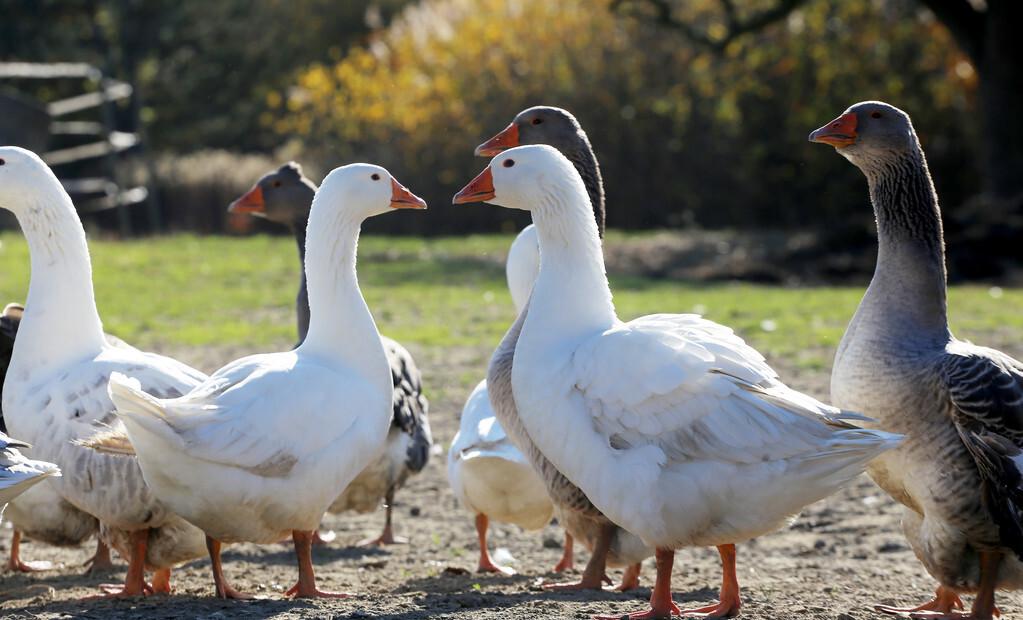
China is the country with the largest number of geese in the world, with 547 million geese produced in 2018. At the same time, China also has a long history of goose breeding, with more than 20 local goose species.
How long does it take for a female goose to lay eggs? Different species and farms will vary, the most important influencing factor is the breed, but the level of feeding management and the nutrient concentration of food also have a certain impact
1. Round Goose. Under good rearing conditions, it usually starts in about 210 days, laying 30-40 eggs per year and weighing 160-200g.
2. Magang Goose. Under good rearing conditions, it usually starts at 140-150 days of age, laying 35-40 eggs per year, with an average egg weight of about 168 grams.
3. Open-eyed goose. Under good rearing conditions, production usually begins at 240-270 days of age, with more than 100 eggs per year and an egg weight of 120-130 grams.
4. Geese and geese. Under good rearing conditions, production usually begins at 240-270 days of age, with 25-30 eggs per year and egg weights of 135-150 g.
5. Sichuan white goose. Under good rearing conditions, it usually starts at 200-240 days old, laying 70-90 eggs per year, with an average egg weight of about 149.92 grams.
6. Rhine goose. Under good rearing conditions, production usually begins at 210-240 days of age, with 50-60 eggs laid per year and egg weights of 150-190 grams.
7. Grey goose. Under good rearing conditions, it usually starts at 210 days of age, laying 30-40 eggs per year and weighing 160-200g.
8. Seed goose. Under good feeding conditions, it is usually 180 days old, with an annual laying of 90-130 eggs, up to 180, and the egg weight is 95-155g.
In summary, under good rearing conditions, most female geese start production at 180-220 days of age, and the earliest can be started in 140 days.